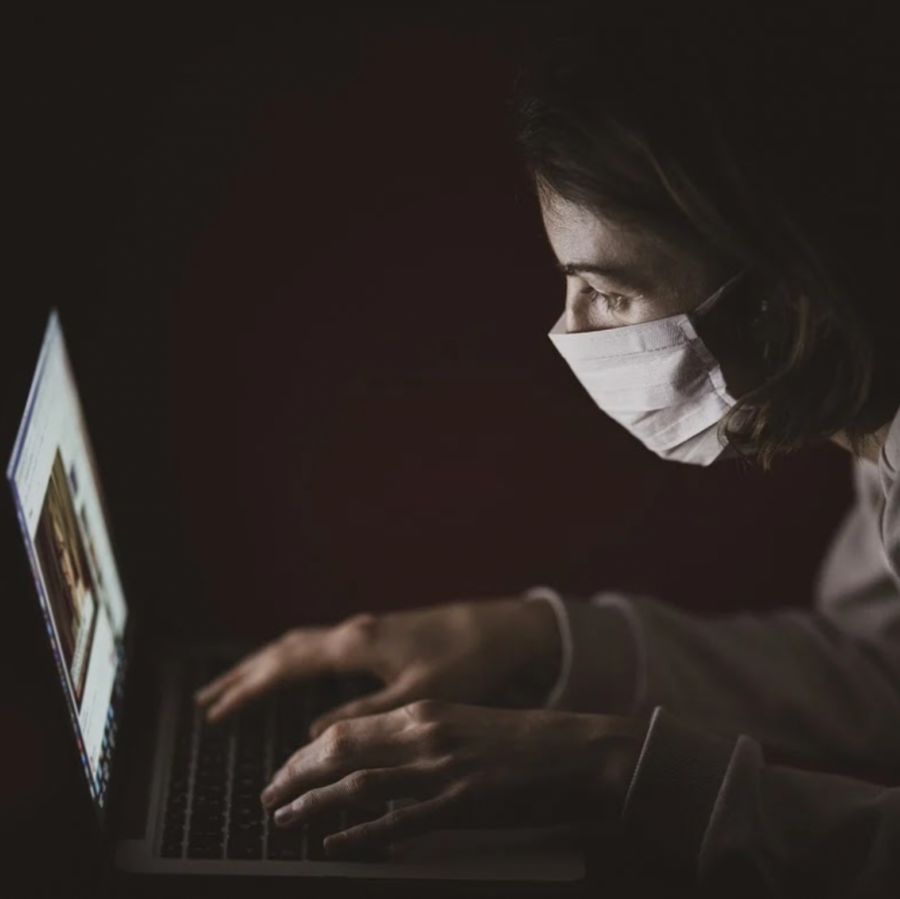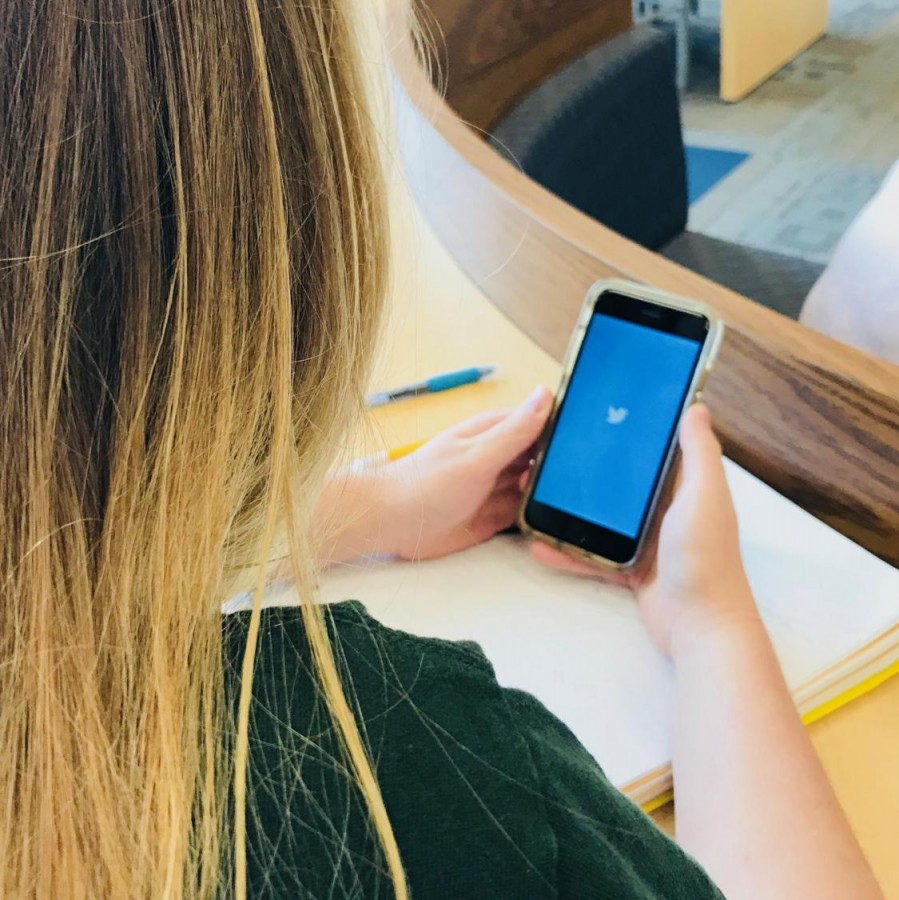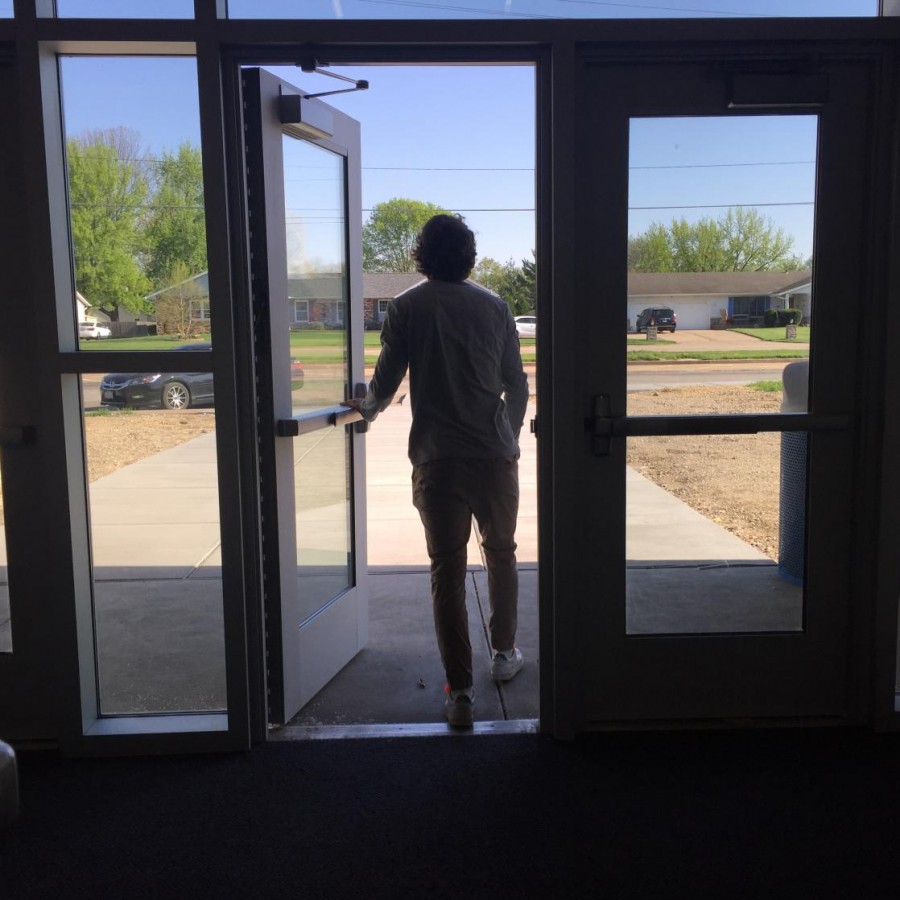To limit the spread of COVID-19, those who test positive or have been exposed to the virus are required to self-isolate for 10-14 days. With no social contact, it can be damaging to mental health.
When the pandemic first struck the United States, families were on lockdown at home and limited socialization. For the most part, this was easy because everyone was together in their homes, and there was no social interaction going on outside. While quarantining alone, it is much different.
I know from experience —quarantine is not fun. Food gets left outside your door, and you have to wear a mask anytime you leave the bedroom, even to go to the bathroom.
Although it is important not to infect others, you can still socialize during quarantine.
FaceTime and Zoom have become very important for those that are isolated. Online games that you can invite friends to are also an easy escape from the temporary lockdown. Recently, Among Us has become popular for friends to play together, as well as Jackbox — an online collection of games you can play with multiple people at a time.
It is important to get some fresh air as well, if possible. Senior Seth Clausen, who recently quarantined, agrees. “My family would have bonfires outside and I would sit far away from them with my mask,” he said. “It was nice to see them for a little of my day while still staying separated.”
Socialization is not the only missing aspect of life during quarantine.
Staying motivated is already difficult in everyday life, but when you are stuck in your room for long periods of time it does not get any easier. You do not feel like you have as many responsibilities because you do not have to see anyone in person, but life is still going on for everyone else outside of your quarantine bubble.
School is a great example of this. Although school is online, it is difficult to manage homework while being sick and out of the loop. Students can easily fall behind when they do not feel well, and expecting them to do all their normal schoolwork while being ill with COVID-19 is unreasonable.
For students used to the hybrid model, the transition to fully online schooling is difficult. Trying to motivate yourself to join video calls and turn in assignments without much help from teachers or other students in class can be discouraging.
“It’s hard to stay motivated when you don’t feel the best, especially when you’re stuck in the same room for most of the day,” Clausen added.
Another PV senior, Alex Thorne, has recently been quarantined as well. “It’s not super hard now that we are doing hybrid compared to last year fully online,” he stated. “I have watched a lot of Netflix and will probably read some books as well.”
Lack of motivation and socialization may put a strain on your mental health. Both children and adults are affected negatively by the pandemic, and the CDC recommends paying close attention to your feelings during this time.
Feelings including guilt, nervousness, sadness and stress may be induced during your quarantine period or after it is over. Maintaining a schedule and keeping yourself on track is likely to help waive these feelings as well as help keep an optimistic view on your isolation.
If you are feeling extremely negative feelings during your quarantine, having a crisis or need someone to talk to, reach out to those around you or call 911 or your healthcare provider.
Even though quarantine is not something anyone wants to take part in, there are ways you can make it easier for yourself. Starting new hobbies, making music playlists, working out or starting a book can be beneficial to you during your time in quarantine. Use social media and other platforms to stay connected with friends and family during your down-time.
Try to take advantage of the situation and do not waste your days laying in bed. Although quarantine may seem frightening, you are capable of making it a better experience for yourself than what it may be made out to be.









Carson Albrecht • Apr 30, 2021 at 10:20 am
I had to quarantine for a week once it sucks! Great article!